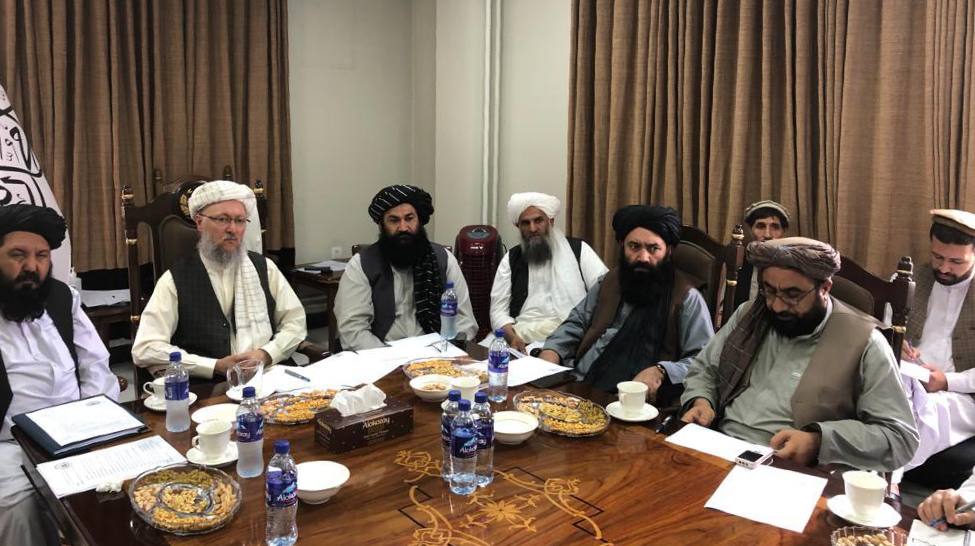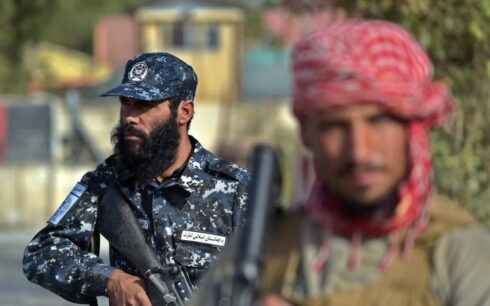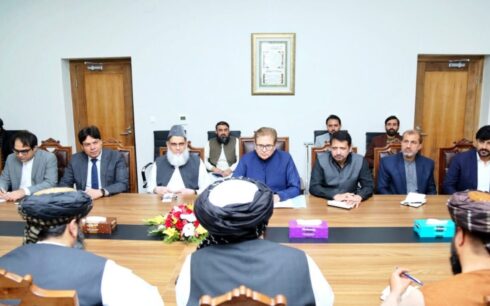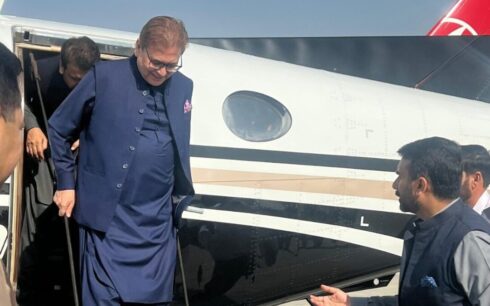The continuation of the travel ban on Taliban will further isolate the group but most importantly, it will have economic implications for Afghans who already are struggling with an increasing level of poverty, analysts said, demanding support for the people of Afghanistan under the current difficult situation.
The UN Security Council on Friday failed to reach agreement on whether to extend the 60-day travel exemptions for 13 Taliban officials that ended this week.
UN diplomats said Russia and China want to allow all 13 to continue to travel while the US and Western nations are determined to cut the number to protest the Taliban’s rollback of women’s rights and failure to form an inclusive government as it promised, the Associated Press reported on Saturday.
The Taliban said in a statement on Saturday that the travel ban on its leaders need to be removed under the Doha agreement but if this continues, it will create more distance between them and the world.
The 13 top Taliban members include:
Abdul Ghani Baradar, Taliban’s deputy prime minister;
Abdul Salam Hanafi, Taliban’s deputy prime minister;
Mawlawi Abdul Kabir, Taliban’s deputy prime minister;
Shahabuddin Dilawar, Taliban’s minister of mines and petroleum;
Amir Khan Muttaqi, foreign minister of the Taliban;
Abdulhaq Wasiq, Taliban’s intelligence chief;
Khairullah Khairkhwah, the information and culture minister of the Taliban;
Fazil Mazloom, the deputy defense minister of the Taliban;
Din Mohammad Hanif, the education minister of the Taliban;
Noor Mohammad Saqib, the hajj and religious affairs minister;
Noorullah Noori, Taliban’s border and tribal affairs minister and its governor for Balkh during massacre in the province in late 1990s;
Latif Mansoor, the energy and water minister of the Taliban;
And Abbas Stanekzai, the deputy minister of the Taliban.
Analysts said that the continuation of the travel ban will damage Afghanistan’s banking relations with other countries and will affect the publication of new banknotes for the country, an agreement that was finalized under the previous government.
“It will have negative impacts and will affect Afghanistan’s relations with Central Asian countries that want to ensure economic relations with Afghanistan,” said Mir Ahmad Shakib, an analyst in economic affairs.
“The ban on Taliban leaders’ travel will have a negative impact on the international community’s support to Afghanistan and it will affect the country’s economy,” said Siyar Quraishi, an analyst.
Further isolation
Other analysts said that the lack of extension of Taliban travel ban will further isolate the administration of the group in Kabul.
“The Taliban is already faced with a power gap and a political legitimacy within Afghanistan. The ban will further reduce its international trust and legitimacy as a government and will change it into a further hated group which is both dangerous for the Taliban itself and for Afghanistan as well,” said Mahdi Afzali, an analyst in international affairs.
A former Afghan diplomat said that the continuation of the travel ban will lead to a military attempt and it will destabilise the Taliban.
“If this happens, it means that the international community enters from diplomacy to sanctions and this will end up in a military attempt and it will endanger the Taliban’s continuation,” said Noorullah Raghi, a former Afghan diplomat.
Afghanistan’s ministry of foreign affairs in a statement asked the United Nations to avoid using sanctions as a tool for putting pressure on the Taliban, saying the ban needs to be lifted based on the Doha agreement.
As the travel waivers for the remaining 13 Taliban officials expires, the United State on Thursday proposed re-imposing the travel ban on seven of them and keeping the exemption for six others, but limiting their travel only to Qatar, where US-Taliban talks have taken place, council diplomats said as quoted by Associated Press on Saturday.





